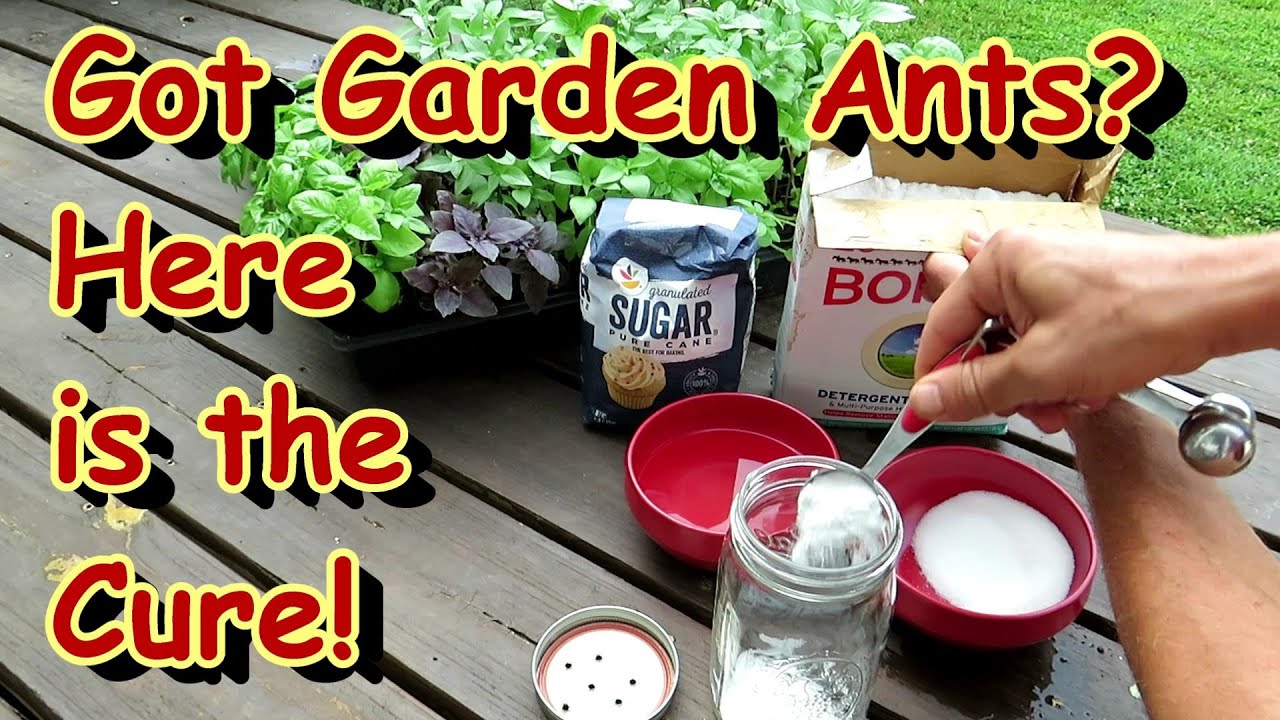Introduction
Ants in your vegetable garden can be more than a minor nuisance—they can disrupt plant growth and protect harmful pests like aphids. Keeping ants out of your vegetable garden is essential for maintaining healthy crops and ensuring a productive harvest. This article explores expert-backed methods to deter ants naturally and effectively, helping gardeners protect their plants without harmful chemicals.
Why Do Ants Invade Vegetable Gardens?
Ants are attracted to vegetable gardens primarily because of food sources. They feed on nectar, plant sap, and other insects like aphids, which they farm for honeydew. This relationship can harm your plants by increasing pest populations. Additionally, ants build nests in the soil, which can disturb roots and soil structure.
Key reasons ants invade:
– Searching for food and moisture
– Protecting and farming aphids and other pests
– Creating nests in loose, aerated soil
Understanding why ants are attracted to your garden helps in applying targeted control methods.
Natural and Sustainable Methods to Keep Ants Out
1. Create Physical Barriers
Physical barriers prevent ants from accessing plants. Consider:
- Diatomaceous Earth (DE): Sprinkle food-grade DE around plant bases; it dehydrates and repels ants without harming plants.
- Mulching with Rough Materials: Use crushed nutshells or coarse sand to deter ants, as they dislike crawling over rough surfaces.
- Sticky Barriers: Applying sticky tape or commercial ant barriers on stems can block ants’ paths.
2. Use Ant-Repellent Plants and Natural Extracts
Certain plants and natural substances repel ants effectively:
- Mint, Lavender, and Rosemary: Plant these herbs around your vegetable garden border.
- Cinnamon and Citrus Peels: Sprinkle cinnamon powder or place citrus peels near ant trails.
- Vinegar Spray: A diluted vinegar solution disrupts ant scent trails, making navigation difficult.
3. Encourage Beneficial Predators
Promote natural predators like birds, spiders, and predatory insects such as ladybugs that reduce ant populations indirectly by controlling aphids and other pests.
Chemical and Commercial Options: When and How to Use Them Safely
While natural methods work well, sometimes targeted chemical treatments are necessary.
- Bait Stations: Use ant baits containing boric acid placed away from edible parts of plants to avoid harm.
- Organic Insecticides: Products based on neem oil can disrupt ant behavior without toxic residues.
Always follow label instructions and avoid broad-spectrum insecticides that harm beneficial insects.
Maintaining a Healthy Garden to Prevent Ant Problems
Healthy gardens are less attractive to ants and pests. Implement these practices:
- Regular Weeding and Cleaning: Remove debris and weeds that provide shelter.
- Proper Watering: Avoid overwatering to reduce moist environments preferred by ants.
- Crop Rotation: Rotate crops annually to disrupt pest life cycles.
Frequently Asked Questions About Ant Control in Vegetable Gardens
How do ants protect aphids?
Ants farm aphids by protecting them from predators and moving them to fresh feeding sites, harvesting their sugary secretions called honeydew.
Can ants harm vegetable plants directly?
While ants rarely damage plants directly, their farming of aphids and nest-building can stress plants and reduce yields.
Are chemical ant repellents safe for vegetable gardens?
Use only garden-safe, labeled products and avoid spraying edible parts directly. Organic options are preferable.
Conclusion
Keeping ants out of your vegetable garden requires a mix of prevention, natural deterrents, and sometimes careful chemical use. By understanding ant behavior and using sustainable methods like physical barriers, repellent plants, and promoting beneficial predators, you can protect your garden effectively. Maintaining good garden hygiene and plant health further reduces ant invasions. Implement these strategies to enjoy a thriving, ant-free vegetable garden all season long.
